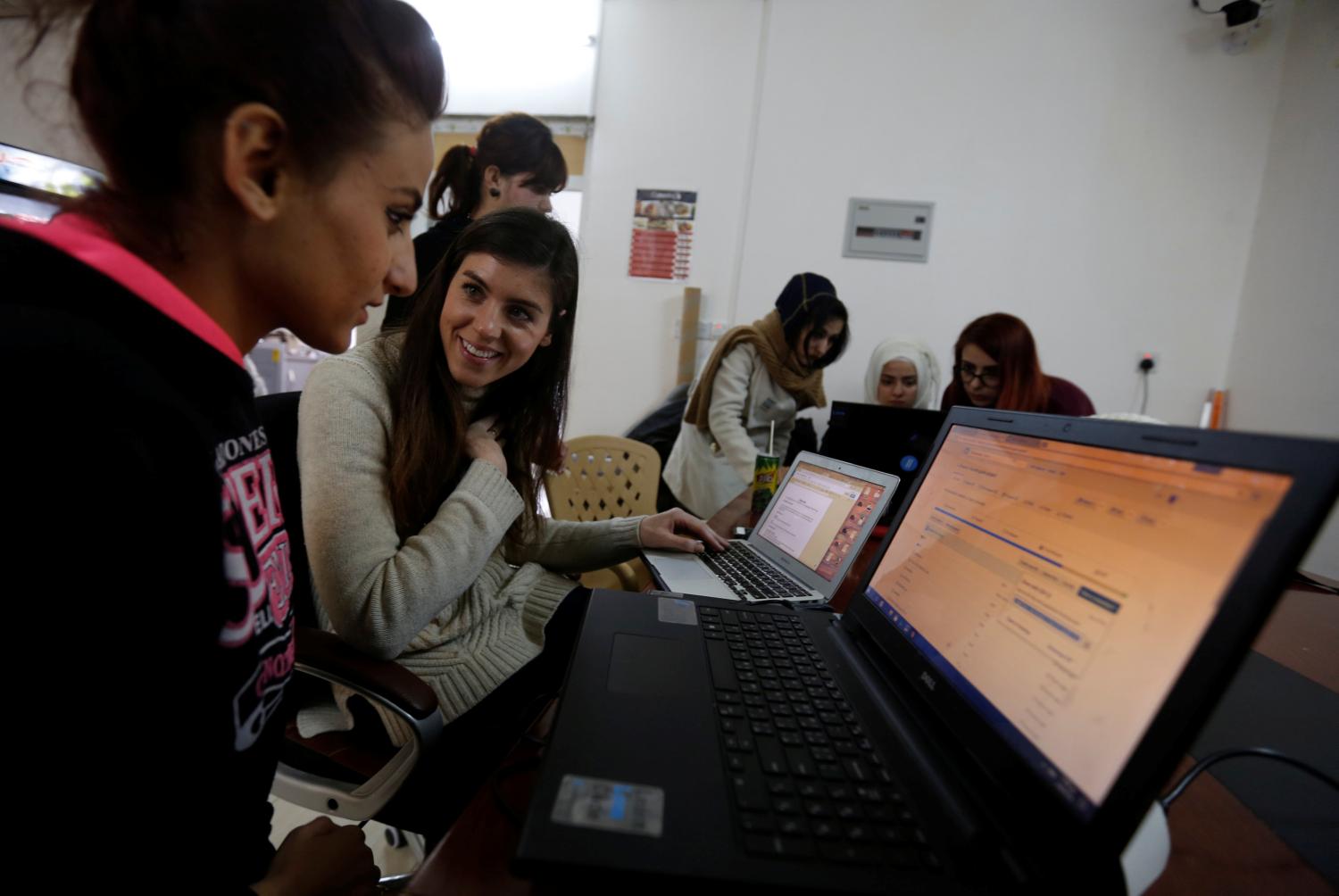Editor’s note: In the “Becoming Brilliant” blog series, experts explore the six competencies that reflect how children learn and grow as laid out by Kathy Hirsh-Pasek and Roberta Golinkoff in their new book “Becoming Brilliant.”
The world is morphing into a place that no one can foresee. How can we prepare students to live and work in that place?
Not long ago, people could learn job skills and use them indefinitely, but now jobs and skill sets are becoming obsolete at an alarming rate. This means that students, and later adults, need to expect and thrive on challenges and know how to turn failures into stepping stones to a brighter future.
When I was a beginning researcher I wanted to see how children coped with setbacks, so I gave 5th graders simple problems followed by hard problems—ones they couldn’t solve. Some hated the hard ones, some tolerated them, but, to my surprise, some relished them. One unforgettable child rubbed his hands together, smacked his lips, and declared, “I love a challenge!” Another said, “I was hoping this would be informative.” They didn’t think they were failing, they thought they were learning. Although this was years ago, they were already 21st century kids.
I knew then that I had to figure out their secret and, if possible, bottle it. With help from my graduate students, figure it out we did. And we are learning how to bottle it too.
So, what was their secret?
Our research has shown that these children tend to have a “growth mindset.” They believe that their basic abilities, even their intelligence, can be developed through learning. That’s why they love challenges and remain confident through setbacks. Their more vulnerable counterparts, however, have more of a “fixed mindset.” They believe their basic abilities are just fixed—set in stone. So their key goal is to look and feel smart (and never dumb). To accomplish this they often seek easy over hard tasks. And when they do encounter setbacks, they tend to feel inept and lose confidence. Research shows that even exerting effort can make them feel unintelligent. If you’re really good at something, they believe, you shouldn’t have to work at it.
These mindsets make a difference. In one study we tracked hundreds of students across the difficult transition to seventh grade, akin to entering a new world with harder work, higher standards, and a whole new structure. Those who entered with more of a growth mindset (the belief that they could develop their intelligence) fared better. Their math grades quickly jumped ahead of those of students with a fixed mindset and the gap became wider and wider over the next two years. This was true even though the two groups entered with equivalent past achievement test scores.
Recently, we were able to study all the 10th-graders in the country of Chile. We found that at every socioeconomic level students with a growth mindset were outperforming their peers with a fixed mindset. What was most striking was that when the poorest students held growth mindsets they were performing at the level of far richer students with fixed mindsets.
What’s exciting is that we have been able to teach a growth mindset to students through carefully designed workshops. In these workshops, students learn that their brain can grow new, stronger connections when they take on hard learning tasks and stick to them. They learn to avoid categorical smart-dumb thinking and instead focus on their own improvement over time. They hear from other students who have benefitted from learning a growth mindset. And they learn how to apply growth mindset thinking to their schoolwork. In these workshops students also do exercises, such as mentoring a struggling peer using what they learned about the growth mindset. Such workshops have been delivered both in person and online and have typically led to an increase in students’ motivation and achievement, particularly among students who are encountering challenges—such as difficult courses, school transitions, or negative stereotypes.
We have also studied how teachers and parents can foster a growth mindset in children. Sadly, many do not—even many of those who hold a growth mindset themselves! This is because adults, in their eagerness to motivate children and build their confidence, can tend to do things that foster a fixed mindset.
Here is what we’ve found:
- Praising children’s intelligence conveys that intelligence is fixed and promotes a fixed mindset and its vulnerabilities. Praising the children’s learning process—their strategies, hard work, and focus—and linking it to their progress conveys a growth mindset.
- Reacting to children’s failures with anxiety, false reassurances, or comfort for their lesser ability (“Don’t worry, not everyone can be good at math”) can foster a fixed mindset. Reacting with compassionate questions and plans for future learning conveys a growth mindset.
- Research shows that how math teachers react to their students when the students are stuck is critical. Teachers can help students develop growth mindsets by sitting with them, trying to understand their thinking, and then collaborating with them on how to move forward and what to try next.
But how can teachers themselves develop more of a growth mindset?
In some quarters, a growth mindset became a “requirement.” This led many educators to claim a growth mindset without really understanding what it is or how to develop it. We have suggested that educators understand, first, that a growth mindset is the belief that everyone can develop their abilities. It is not simply about being open-minded or flexible. Second, they must understand that all people have both mindsets and that many situations, such as struggles or setbacks, can trigger a fixed mindset. Finally, they must learn how their own fixed mindset is triggered so that they can work to stay in a growth mindset more often.
As we prepare students to thrive in the new world, we can influence whether they see that world as overwhelming and threatening or whether they greet it with the confident words “I love a challenge.” The latter are the ones who can make the world, whatever it’s like, a better place.
The Brookings Institution is committed to quality, independence, and impact.
We are supported by a diverse array of funders. In line with our values and policies, each Brookings publication represents the sole views of its author(s).





Commentary
Mindsets for the 21st century and beyond
June 6, 2016